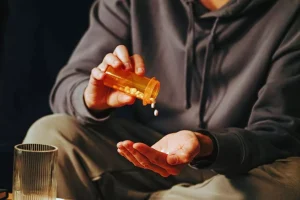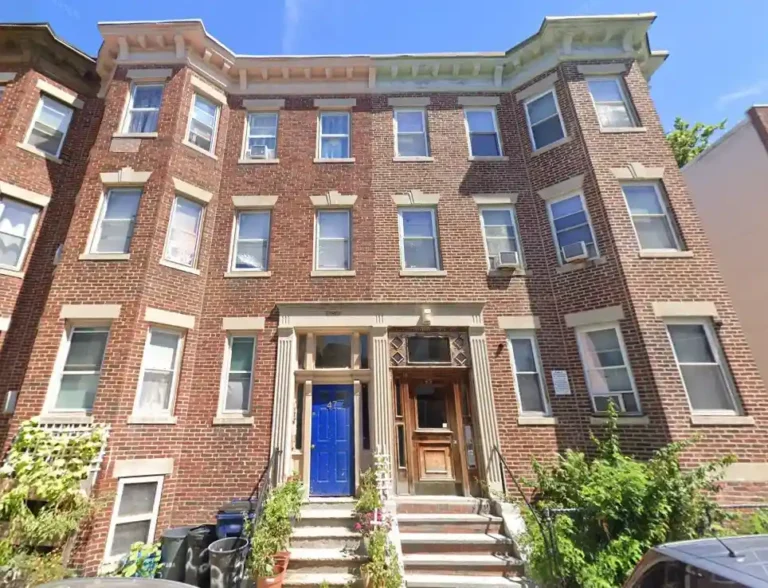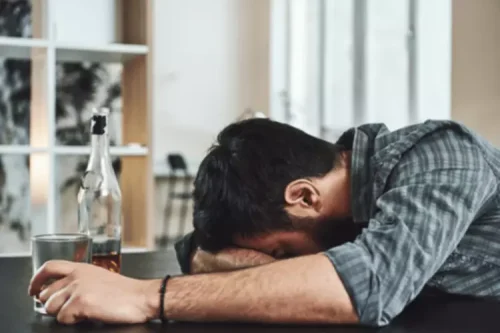
When you consume alcohol, it acts as a diuretic, which means it increases urine production and can lead to dehydration. Euphoria is not your brain’s natural state, so it’s going to try to readjust. It can be a good distraction, and the company will provide added comfort. Otherwise, do something relaxing that will take your mind off the situation.
What are the signs and symptoms of panic disorder?
An intensive treatment programme will also include educational presentations delivered by therapists, access to a fitness programme, and complementary therapies such as equine therapy. A skilled therapist will assess your anxiety levels and panic attacks and be able to create a treatment plan that addresses these issues. At Monument, our therapists are specialized in treating substance use disorders while addressing co-occuring conditions, like anxiety and depression. In online alcohol therapy, you can create a personalized treatment plan tailored to your needs and goals. This will also lead to more long-term damage which will affect your physical and mental health, which might only lead to more anxiety and panic attacks. Panic disorder is when you experience panic attacks out of nowhere and all of a sudden.
Why People Use Alcohol for Anxiety

If you already suffer from mental health issues such as anxiety, then you might find that drinking excessively only leads to a worsening of your symptoms. Dual diagnosis treatment for alcohol abuse and anxiety will work to address the symptoms and side effects of each disorder at the same time. Any reminder of the past trauma, including dreams or a random thought, can trigger a panic attack.Learn more about PTSD and alcohol abuse. If your brain activity becomes overactive and you aren’t under the dampening effects of alcohol, you may have a panic attack or a seizure from the alcohol abuse. Additionally, incorporating stress-reduction techniques such as mindfulness, exercise, and relaxation exercises can help alleviate anxiety symptoms.
- You’ll be able to get mental health advice and support usually without the need for a GP referral.
- Discover how alcohol and anxiety may be interlinked, including why panic attacks and anxiety symptoms may occur after drinking alcohol.
- The course of alcohol dependence is fraught with repeated intermittent episodes of excessive and frequent consumption and withdrawal, which can result in changes in the nervous systems that produce and/or worsen anxiety.
- If you already have an anxiety or panic disorder, you may be more likely to experience these symptoms after drinking alcohol.
Getting to NIMH
People with panic disorder have frequent and unexpected panic attacks. These attacks are characterized by a sudden wave of fear or discomfort or a sense of losing control even when there is no clear danger or trigger. Not everyone who experiences a panic attack will develop panic disorder. Alcohol can initially seem like a https://ecosoberhouse.com/article/alcohol-neuropathy-symptoms-and-treatment/ solution for stress or anxiety, but over time it usually makes things worse, exacerbating mental health issues like depression or anxiety. You need to consider whether your drinking is doing more harm than good. Fortunately, you don’t have to let panic attacks interfere with your chances of enjoying a successful recovery.
Behavioral Health Treatment Services Locator
Taken together, the epidemiological and clinical literature describing the relationship between anxiety and AUDs shows that this comorbidity is both prevalent and clinically relevant. Therefore, it is important to enhance understanding of this comorbidity. The following sections will review fundamental concepts related to how these disorders co-occur and describe approaches to diagnosing and treating comorbid anxiety and AUDs. One potential explanation for these findings is that the reasons for using alcohol may differ by gender. For example, women may be more prone than men to self-medicate for mood problems with substances such as alcohol (Brady and Randall 1999). Together, these results suggest that women may be more likely to rely on alcohol to manage anxiety.
‘Hangxiety’ is becoming a common term to describe someone who is feeling anxiety when they are hungover from drinking too much alcohol. In fact, by doing so your tolerance to alcohol will only increase, meaning that each time you have a panic attack you will have to drink more alcohol in order to feel as relieved from your problems as you once did. Whilst alcohol might temporarily fix the problem, once the alcohol fully leaves your body you will most likely go back to experiencing panic attacks again.

It is also possible that you were self-medicating with alcohol to help suppress the symptoms that would cause panic attacks. Hangxiety, a mix of “hangover” and “anxiety,” describes the embarrassment, regret, and shame you might feel after a night of drinking. Those feelings typically accompany classic hangover symptoms, such as headache, fatigue, and nausea. Individuals experiencing anxiety might seek can drinking alcohol cause panic attacks temporary relief through alcohol’s depressant effect, which can initially create feelings of relaxation and reduced inhibition. The relationship between alcohol and anxiety is complex and often cyclical. While some people might initially turn to alcohol to cope with anxiety, the reality is that it can actually worsen anxiety in the long run, creating a vicious cycle that can be difficult to break.
- SSRI and SNRI antidepressants are commonly used to treat depression, but they also can help treat the symptoms of panic disorder.
- Please review the linked description of alcohol use disorder, and if you need help, review this link for treatments and resources.
- Talking therapies like CBT (cognitive behavioural therapy), can help you learn to spot unhelpful patterns of behaviour and help you to develop coping strategies.
Long-term risks

It is true that alcohol can help with anxiety, at least temporarily, but it can also make it worse in the long run and cause serious panic attacks. While it is normal to feel anxious after heavy drinking, when alcohol-induced panic attacks become a common occurrence, it is a sign of a serious problem. When someone has developed alcohol dependence, cutting back significantly or quitting cold turkey can induce a panic attack. This is because with extended alcohol use the body can adapt to need alcohol for its basic functioning, and become overwhelmed when it’s removed. It’s important to speak with your healthcare provider to make a plan for cutting back on drinking safely.
